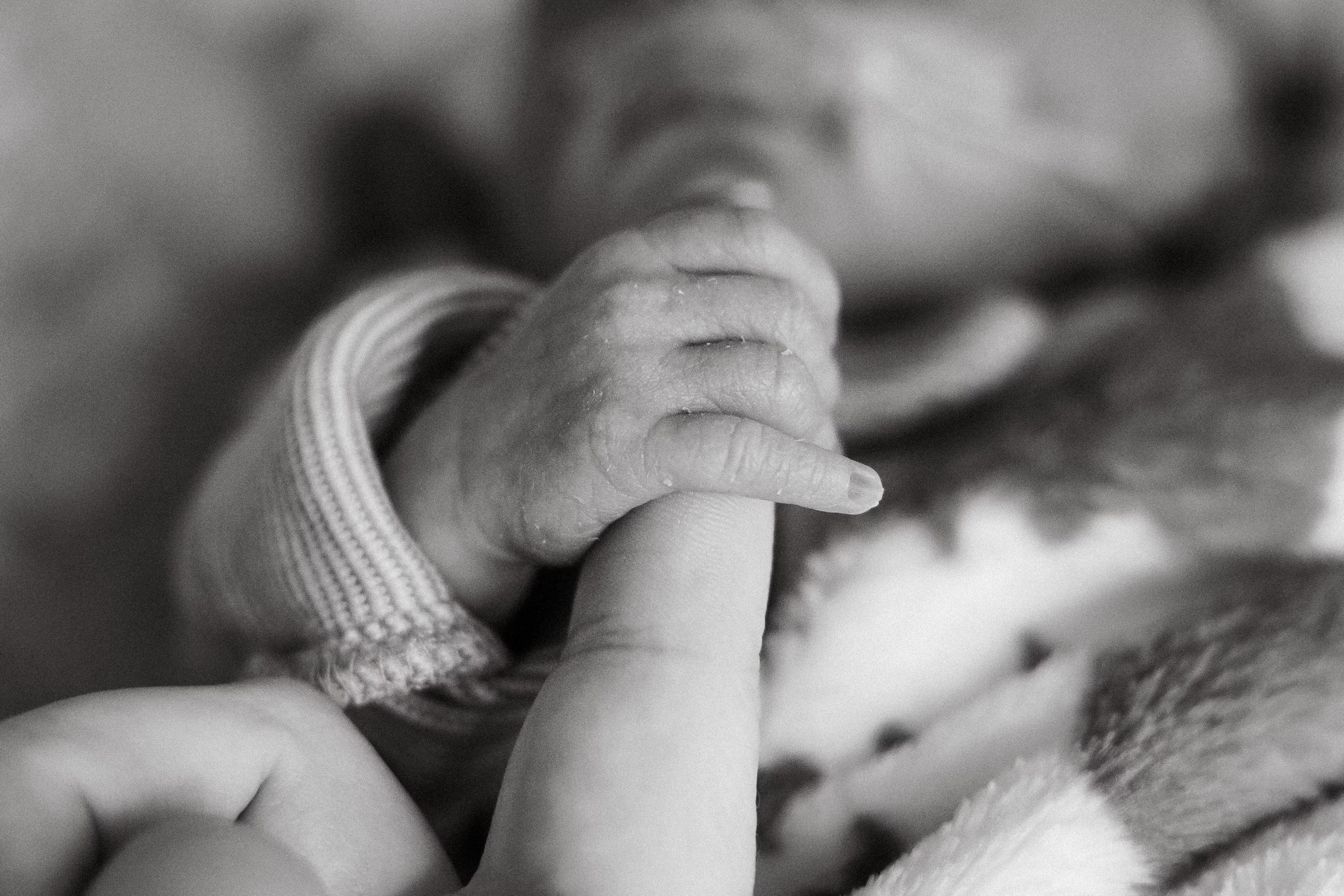
Bringing home a premature infant may be an extremely overwhelming occasion. You feel the bliss of having your bundle of joy in your arms despite the challenges of preterm delivery. At the same time, you constantly worry about the health and safety of your fragile baby.
Statistics show that your tiny being has a good chance of making it through the critical phase. According to BabyCenter, 80-90% of preemies reaching 28 weeks of gestation survive. Moreover, only 1 in 10 of them live with a long-term health issue. Yet, there are reasons to worry because preemies are delicate, with weak immune systems and small bodies.
As a new parent, you may have to go the extra mile as a premature infant demands more attention and medical supervision. You may face practical and emotional difficulties, particularly when you bring your newborn home. Even the smallest problem may make you feel anxious and restless.
Creating a secure and nurturing environment requires preparation, but the effort is worthwhile. Here are a few tips to get ready to bring your preemie home.
Assess Your Readiness for Discharge
An NIH study shows that the average length of hospital stay for premature babies with very low birth weight is 24 days. The timeline depends on several factors, such as birth weight and medical condition. These infants stay in the neonatal intensive care unit (NICU), and require constant support and supervision.
Medical professionals analyze significant developments including weight gain, feeding, and the capacity to manage body temperature without outside assistance. Once they are convinced, they release a premature baby to go home.
The healthcare team also includes nurses, lactation consultants, and neonatologists. They assess the baby’s health and advise parents. The baby should be brought home only after all essential checkboxes are ticked. Parents must follow the specialists’ advice and avoid being too impatient.
Prepare the Home Environment
Cleaning and organizing the house thoroughly is necessary to create a safe and hygienic environment for a premature newborn. After all, they are at a high risk of infection, considering their compromised immunity. A dedicated nursery space will give the newborn a safe zone to thrive.
Ensure that the room is calm, comfortable, and restful, away from street sounds and noises of other kids and pets. Besides preparing the baby’s space, you must have all the essential supplies at hand. For preemies, parents require monitoring devices, thermometers, small baby clothes, and tiny diapers. Also, always have on-hand the phone numbers of health care providers in case of an emergency, medical courier services in case you need medical supplies delivered to you, and any other that you deem essential
Ensure Proper Medical Care
Premature infants can need special medical care to survive and grow safely. Even after the NICU stay, feeding tubes, oxygen support, or prescription drugs may be needed. You may worry about checking oxygen levels, feeding through a tube, or using devices like oxygen tanks or pulse oximeters.
While some parents may learn the basics of preemie care, most find it too stressful. You can look for a pediatric nurse to help you during the initial phase when the infant needs proper care. Among different types of pediatric nurses, a NICU nurse is the best option for preemie care.
According to Holy Family University, NICU nurses are trained to provide medication assistance, feeding support, and ventilation for respiratory care. You can engage a NICU specialist for home care and be stress-free about the complex medical needs of your baby.
Master Feeding Your Premature Baby

Feeding a premature baby may be more challenging than you imagine. The NHS highlights the benefits of breast milk for babies, including preemies as it contains life-saving substances. However, these tiny ones are too small to latch and feed, causing problems with breastfeeding. Depending on their developmental stage and overall health, you may have to use different feeding techniques.
Tube feeding or formula feeding may be necessary to ensure proper intake. However, you must also integrate breastfeeding as the baby gains strength. Also, choose the baby formula wisely if opting for formula feeding. Cow-milk-based products have been associated with the risk of necrotizing enterocolitis, a fatal condition among newborns.
Infants born before time have more dietary requirements, which is another factor to consider. They need additional protein, calories, and vitamins to sustain their growth. A lactation consultant or feeding professional is the best person to seek advice for an optimal feeding strategy.
Establish a Daily Care Routine
When you bring a baby home, you will have to realign your routine. Regular bathing, diaper changes, and soothing ensure their well-being. Since preemies are more delicate compared to full-term babies, you may need to go the extra mile with their care.
For example, you must frequently change diapers to avoid irritation. Bathing should be gentle with warm water and mild soap. Use relaxing methods like a pacifier, soft singing, or gentle rocking to comfort the little one.
Also, be cautious about warning signs that indicate pain. The common red flags include weeping, agitation, or modifications in feeding habits. These could point to an illness or discomfort that requires medical attention. Always check out for fever or strange behavior, and schedule a pediatric appointment without delay.
Seek Emotional Support and Resources
A ScienceDirect study emphasizes the link between premature delivery and postpartum depression. Although many women suffer from PPD, the risk runs higher for those delivering before full-term. Anxiety is another common mental health issue these mothers encounter during the early phase post-delivery.
Parents need emotional support since caring for a preemie can be too much to handle. Seeking help from mental health professionals can promote your well-being and prevent parental burnout. You can connect with other parents facing a similar situation through online forms and support groups.
Community organizations and hospitals may also offer workshops or support groups for such couples. Do not hesitate to seek help because it can help you cope with the challenging journey more effectively.
Frequently Asked Questions
What should I do if my preemie has special medical needs at home?
If your premature infant has particular medical needs at home, seek advice from your doctor or neonatologist. You can consider hiring a pediatric nurse for a few months until your baby gets stronger. Strictly follow the directions, and learn how to handle the common medical needs of your little one.
How can I ensure my home is safe for a premature baby?
Premature babies are fragile and prone to infections. It is vital to ensure a safe space for them before bringing them home. Create a quiet atmosphere, keep your living space clean, and follow the safety guidelines given by your doctor. Practice good hand hygiene and avoid contact with too many people.
When can I take my premature baby out in public?
You can take your premature infant out in public once their weight and health stabilize. The best thing you can do is get a go-ahead from your pediatrician. Expect this to happen generally between 6 and 12 weeks of adjusted age. Limiting your exposure to crowds is a wise decision.
It takes a lot of effort and preparation to bring home a premature baby. Adopt a secure atmosphere, abide by medical advice, and establish a support network. Pay close attention to health indicators and get professional assistance if you feel you cannot provide optimal medical care to your little one. Following this path requires emotional support, versatility, and patience.
